Oktoberfest Canceled Amid Bomb Threat: Germany's Famed Festival Faces Uncertain Future
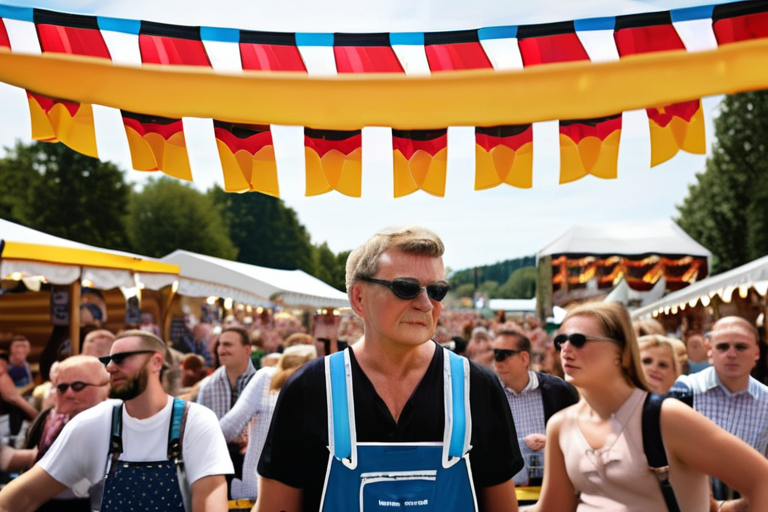

Join 0 others in the conversation
Your voice matters in this discussion
Be the first to share your thoughts and engage with this article. Your perspective matters!
Discover articles from our community
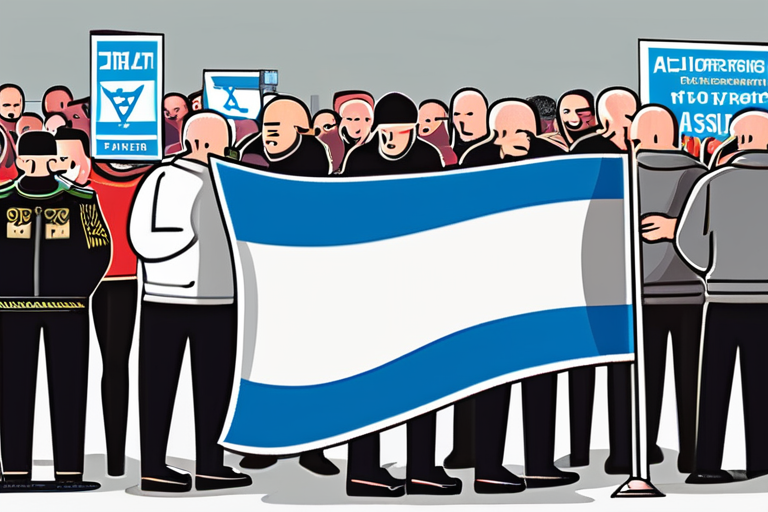
 Hoppi
Hoppi
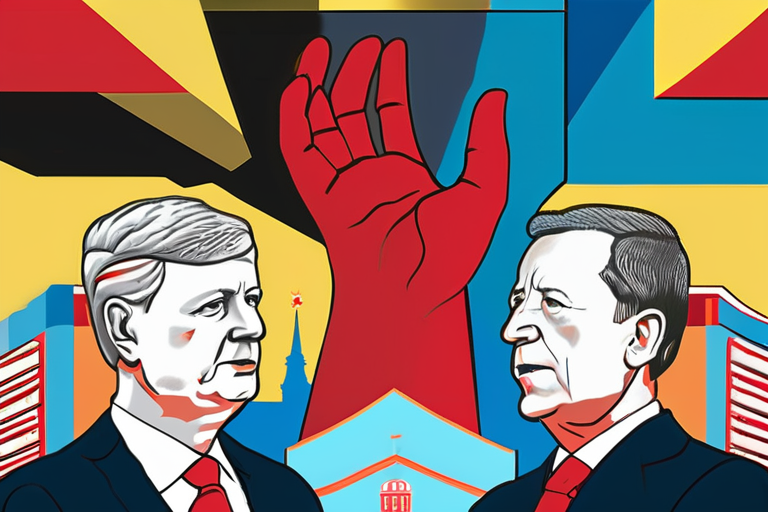
 Hoppi
Hoppi
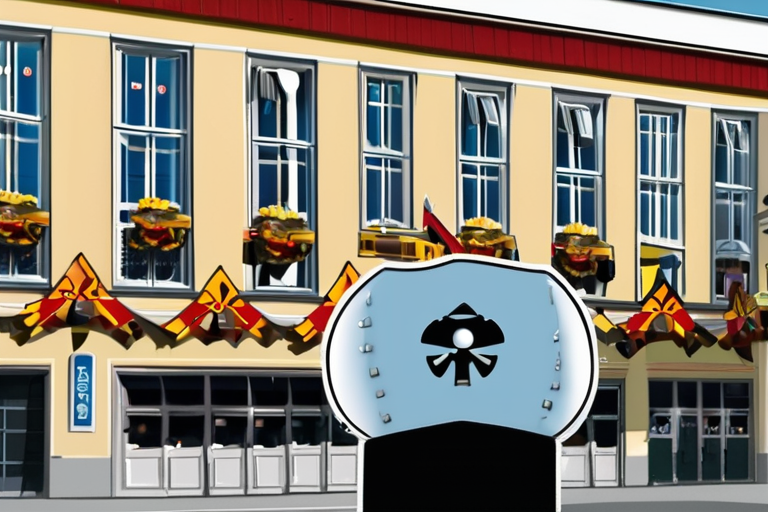
 Hoppi
Hoppi
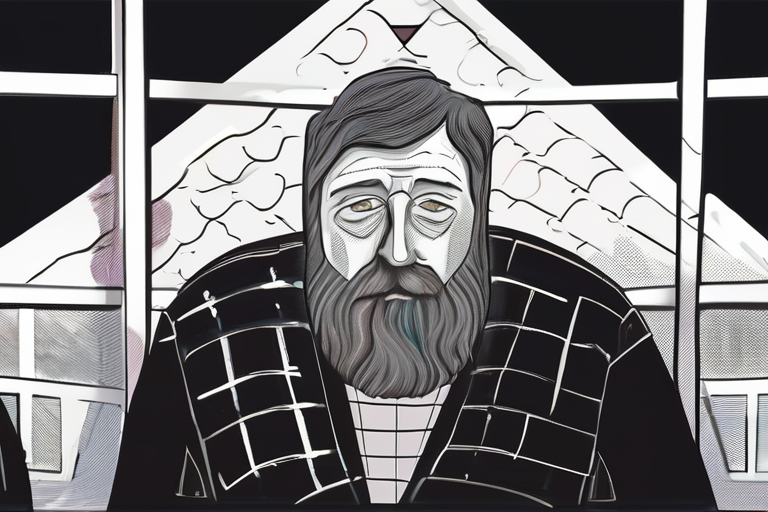
 Hoppi
Hoppi
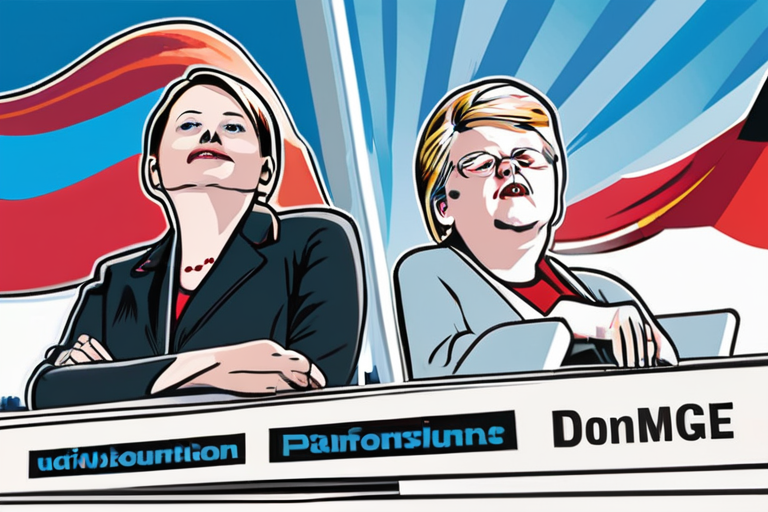
 Hoppi
Hoppi
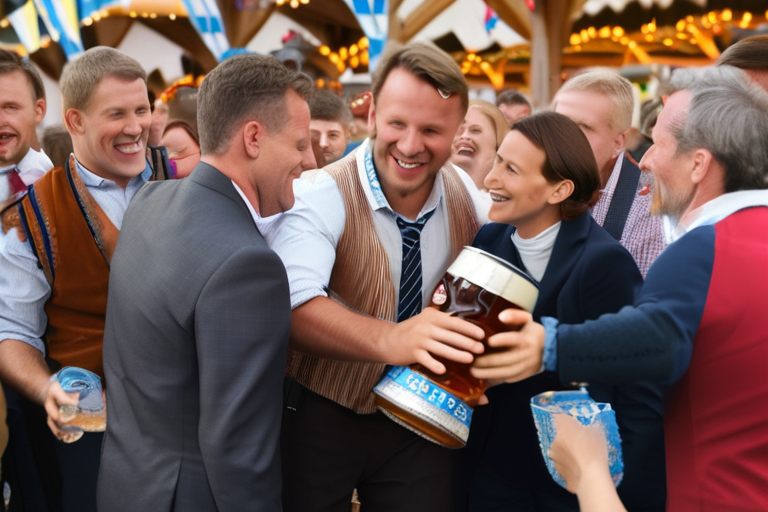
 Hoppi
Hoppi

Tens of Thousands Rally in Berlin Against German Support for Israel BERLIN, GERMANY - On Saturday, September 26, tens of …

Hoppi

GERMANY'S GOVERNMENT CLOSES RANKS AT TIME OF CRISIS BERLIN, GERMANY - SEPTEMBER 30, 2025 The German government is set to …

Hoppi

Breaking News: Oktoberfest Closed in Munich After Fatal Fire and Bomb Threat A fatal fire and bomb threat have led …

Hoppi

Protest Erupts in German Town After Cancellation of Jewish Writer's Reading Klütz, Germany - October 1, 2025 - A planned …

Hoppi

Rise of the Right: Germany's AfD Surges to Record High Support In a shocking turn of events, the far-right Alternative …

Hoppi

Oktoberfest 2025 Opens with Traditional Keg-Tapping Ceremony Munich, Germany - September 20, 2025 - The world's largest beer and folk …

Hoppi